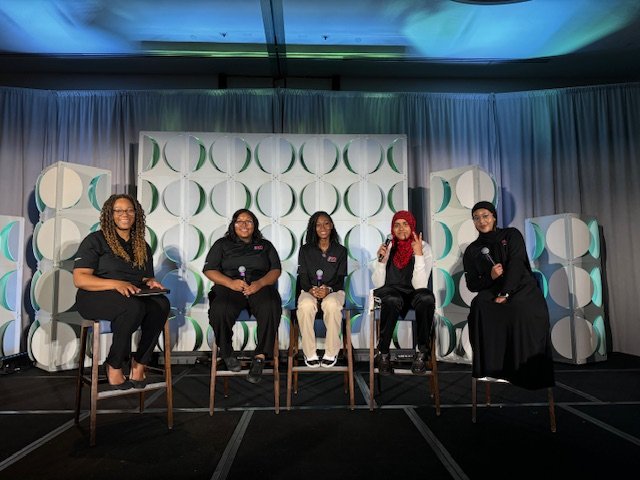Research Made Relevant.
Dr. Tamika Zapolski’s PRISM (Prevention Research In Substance Use and Minority Health) Lab within the Department of Psychiatry at Indiana University School of Medicine focuses on risk and protection for substance use and other health behaviors among racial/ethnic minority youth and young adults.
PRISM’s goal is to conduct research illuminating culturally relevant risk/protective models for substance use and other risk behavior among racial/ethnic minorities to ultimately reduce health disparities and improve health outcomes. Specifically, PRISM examines the interactive effect of cultural variables (e.g., discrimination, racial socialization, racial identity) on physiological, individual level (e.g., personality, expectancies, perceptions of risk), interpersonal (e.g., parental/peer factors, drug norms), and environmental (e.g., access to drugs, school support, neighborhood disorganization) factors to better understand mental health and substance use course and consequences among diverse youth and young adult populations, particularly Black Americans.
PRISM also aims to examine the effectiveness of interventions to reduce substance use and related emotional and psychological challenges among adolescents in clinical, school, and community settings. PRISM provides a space for students at graduate and undergraduate levels to conduct translational research and receive mentorship in interdisciplinary topics, including minority health disparities, substance use, and psychosocial development.
OUR RECENT INSTAGRAM POSTS
What We Do
research
The PRISM lab conducts research on a variety of topics including:
- Substance Use & Addiction Risk
- Black American Substance Use
- Adolescent Health Risk Behavior
- Health Disparities in Health Behaviors
- Sociocultural Risk/Protective Factors
- Adolescent Interventions
mentoring
The PRISM lab provides an arena for undergraduate and graduate students to get involved in research and receive mentorship in interdisciplinary topics. Students are given the opportunity to get involved at every stage of the research process, including data collection and entry, data analysis, literature review, and manuscript writing. Advanced students also have opportunities to participate in intervention research and realize their own research questions.
Community
PRISM brings empirically-based clinical practice and research to the understanding and prevention of substance use mental health challenges among racial/ethnic minorities. To that end, we maintain relationships with leaders and educators in our local community. These connections allow us to conduct etiological and intervention research in diverse clinical, community, and school settings in order to best understand social, cultural, and environmental influences on mental health.
“Be a bush if you can’t be a tree. If you can’t be a highway, just be a trail. If you can’t be a sun, be a star. For it isn’t by size that you win or fail. Be the best of whatever you are”













